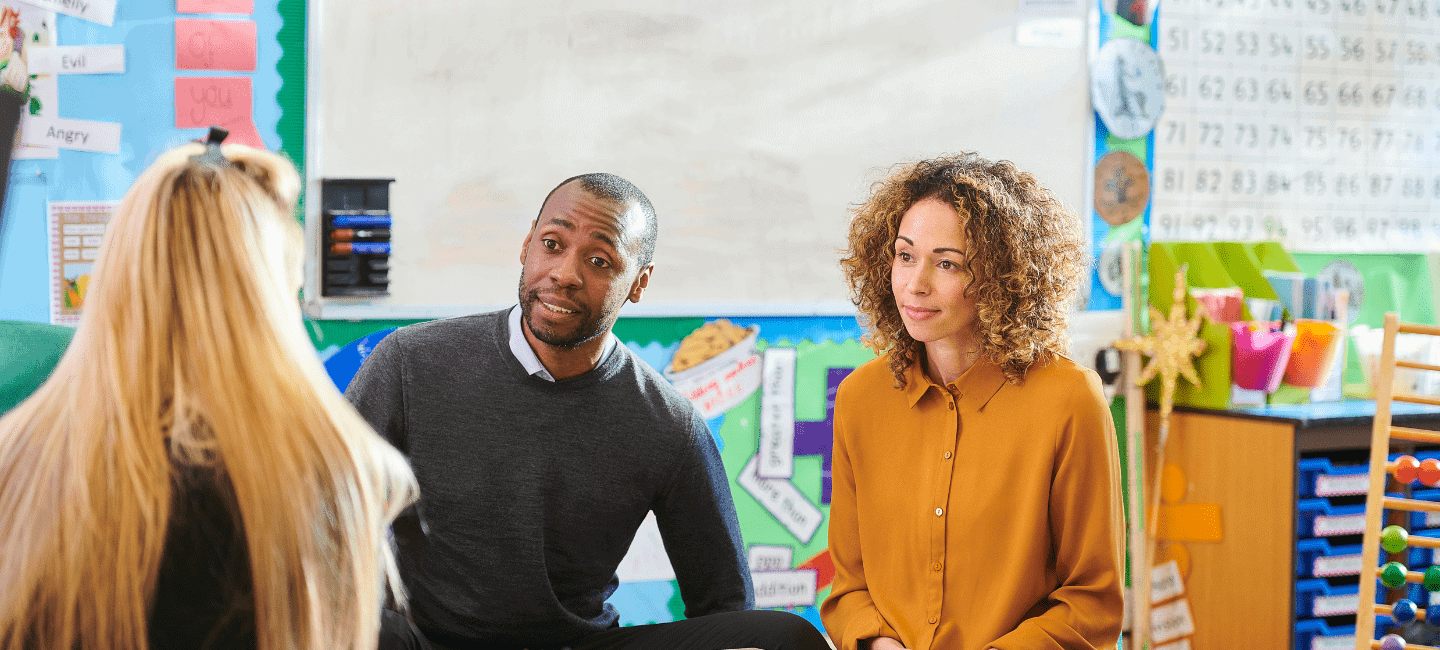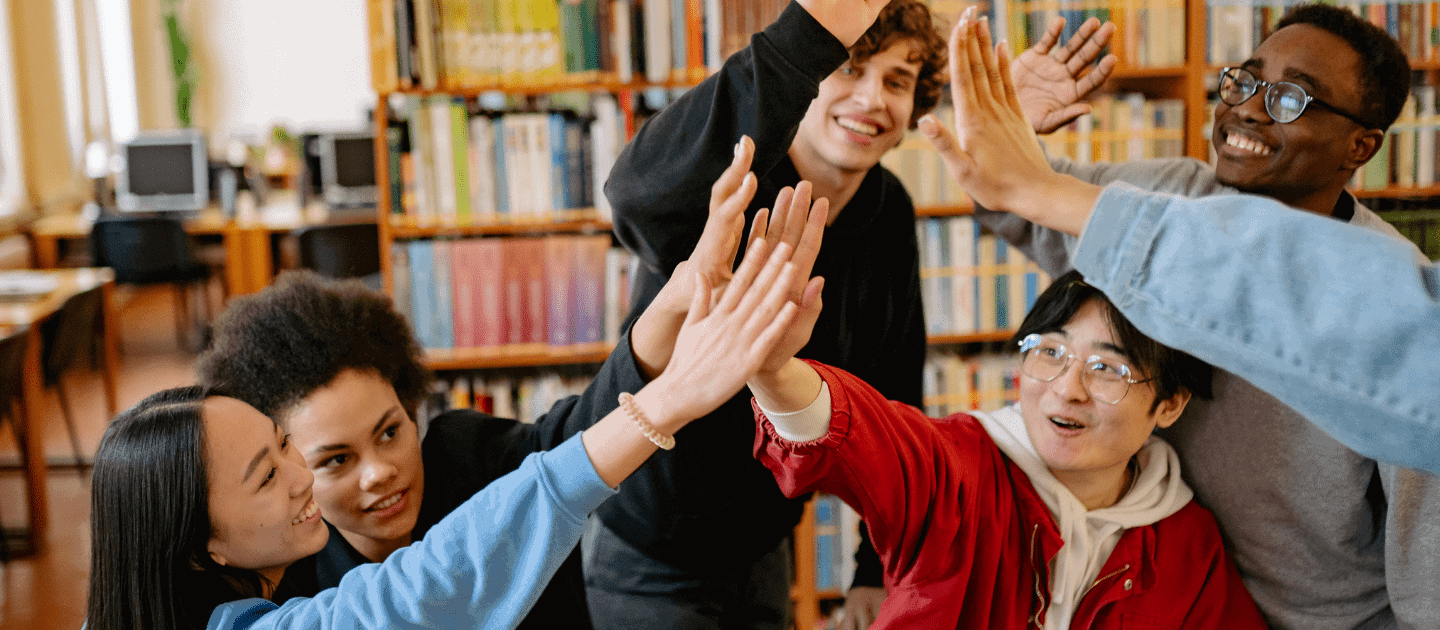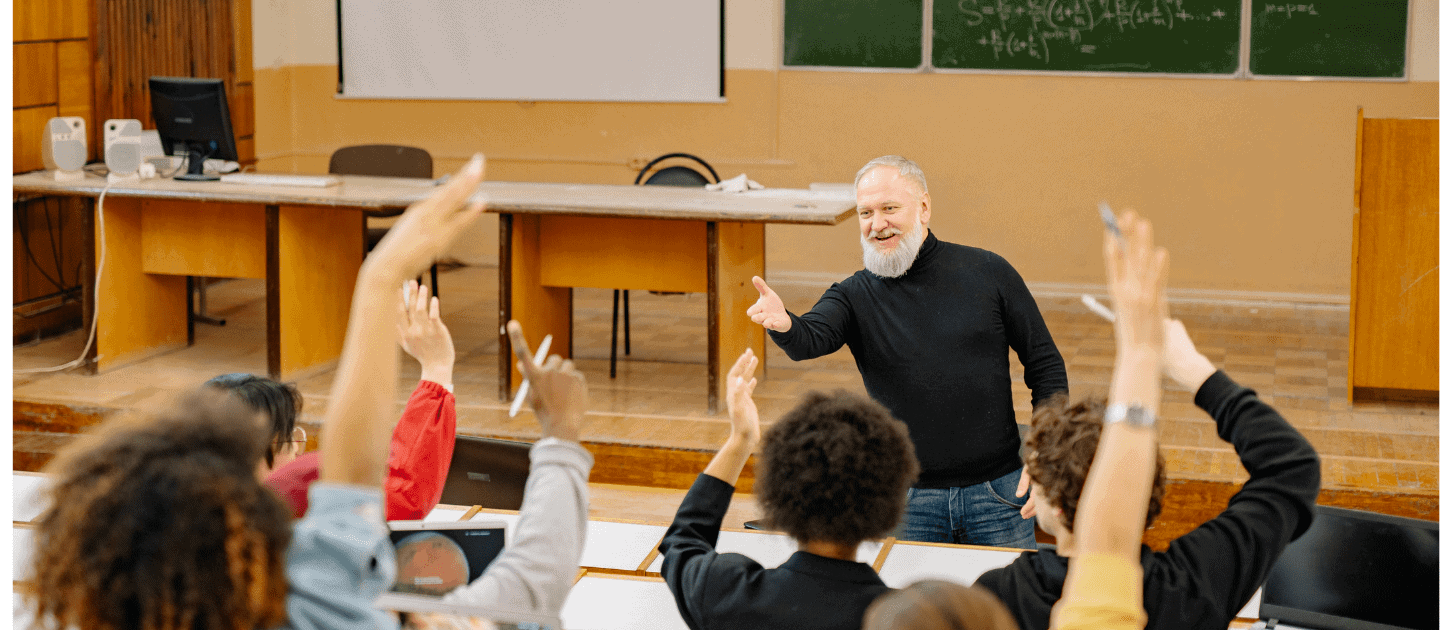How Caregivers Fare in the Transition from Early Intervention to Early Childhood Special Education

This study was conducted to highlight the experiences of caregivers in the transition from Early Intervention to Early Childhood Special Education.
Providing Therapeutic Supports for Children in Schools: Are We Addressing Parental Needs Too?

In order to ensure that the therapy a child receives at school is effective, the needs of both the child and the parent must be considered. When providing therapeutic supports, it is crucial that all stakeholders have a shared level of respect and trust and that a foundation of transparent communication is built to ensure the best possible outcome for children with special education needs.
How Adolescents Grow in Times of Stress

Research has recently focused on how the Covid-19 pandemic has negatively affected the mental health of the population, especially amongst adolescents.
Strengths and Difficulties in Children with Specific Learning Disabilities

Students with a specific learning disability (SLD) have various factors that contribute to their social, emotional and behavioral challenges.
The Long-Term Effects of Interventions on Student Quality of Life: One Year Follow-Up

Studies show that the positive response of a school towards students with learning disorders, beyond academics, has a positive impact on their overall quality of life (QOL) further down the line.
What is the relationship between memory and self-efficacy among adults with ADHD symptoms?

For students with attention deficit disorder (ADHD) symptoms, their connection with teachers and the memories they have about them later on in their life may predict their perceived social support and self-efficacy.
Building Effective Family-Professional Partnerships Begins in the University Classroom

Family-Professional Partnerships (FPPs) are a crucial part of empowering a child to reach their full potential. To leverage this trusting relationship, universities should consistently address building FPPs in coursework.
We All Benefit When Caregivers Are Empowered

Culturally responsive parent advocacy programs, like FIRME, are necessary elements of any special education program. If parents aren’t informed, empowered, and prepared to advocate for their child’s rights, then the entire system suffers. School personnel lose a powerful partner and children miss out on the inclusion of the people who know their strengths and needs best.
Factors Influencing the Behavioural Strengths and Difficulties in Children with Learning Disabilities

Ayar et al. reveal relevant factors, including socioeconomic status, prenatal smoking, and screen time duration, associated with strengths and difficulties among children with specific learning disabilities.
Understanding How Family Professional Partnerships Skills are Taught to Teacher Candidates

Training for Family Professional Partnerships (FPP) skills in institutions of higher education is essential to provide special educators with the skills needed in supporting families and fostering an inclusive school culture.
